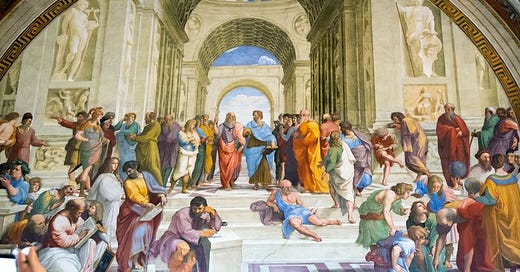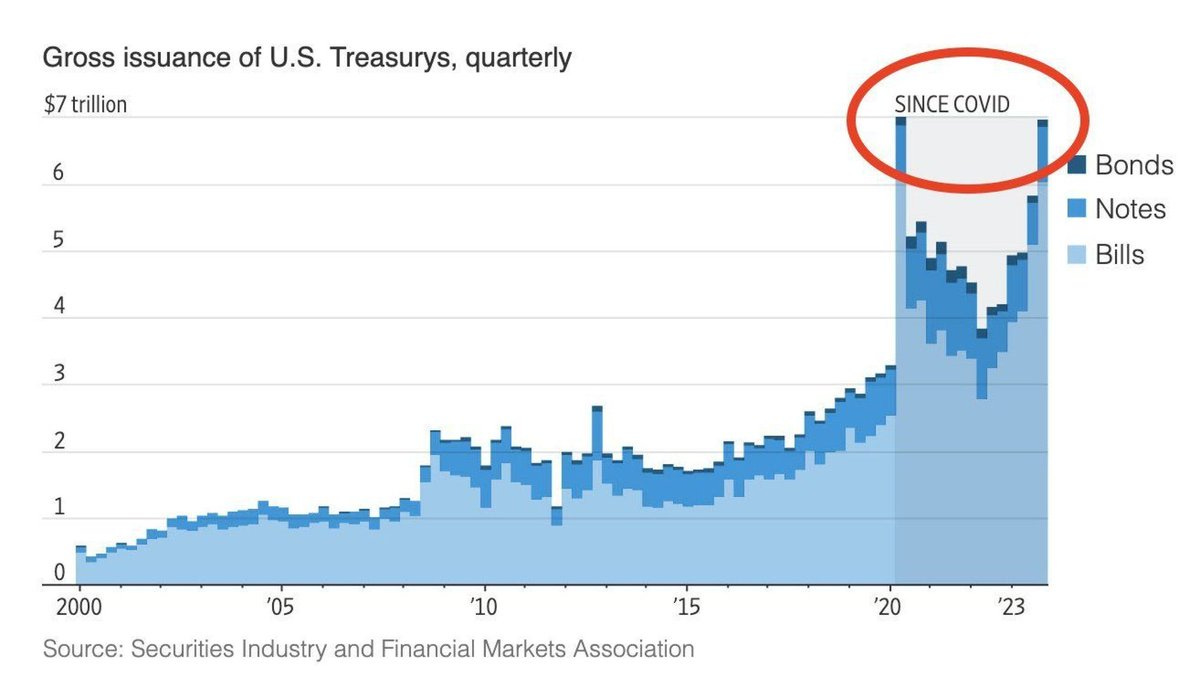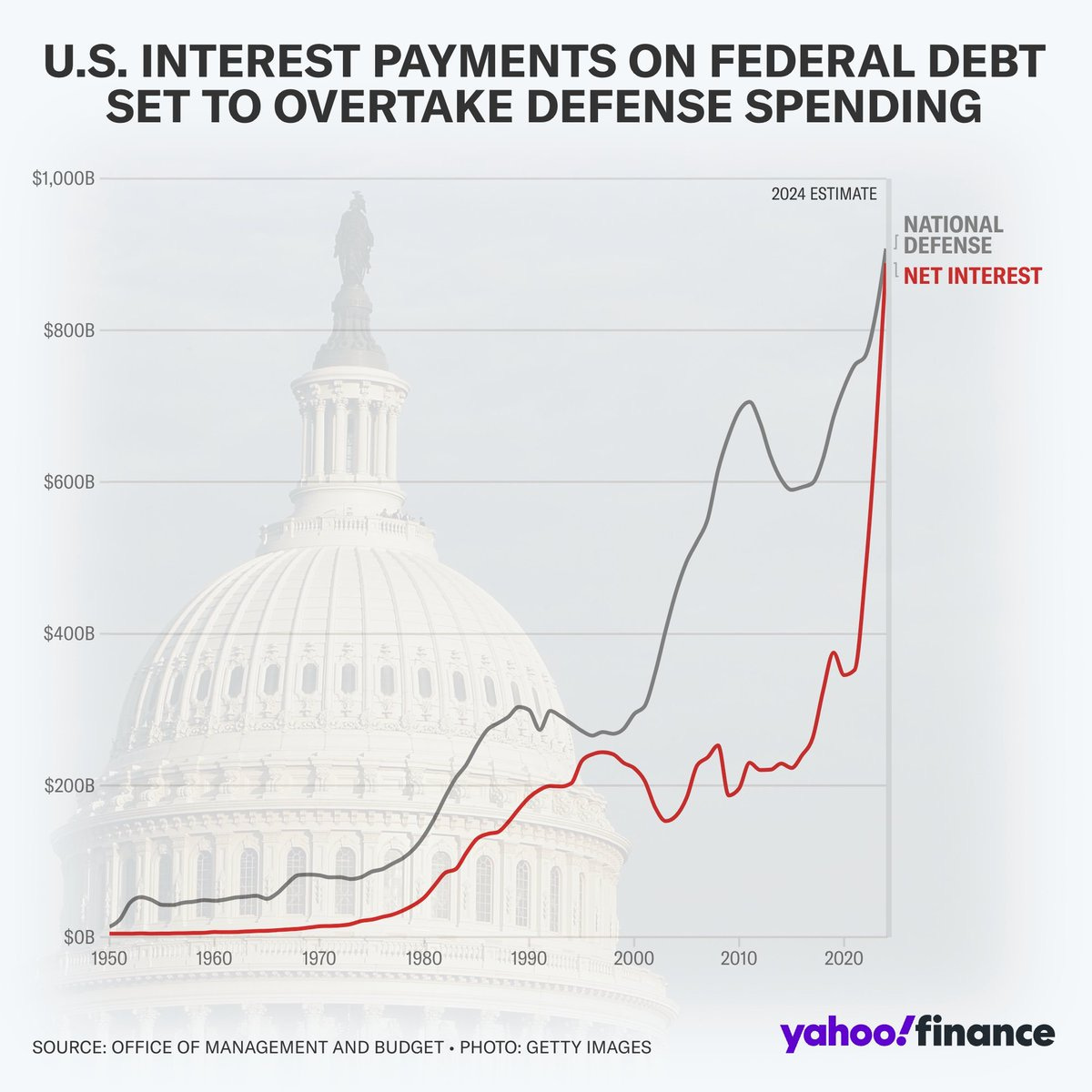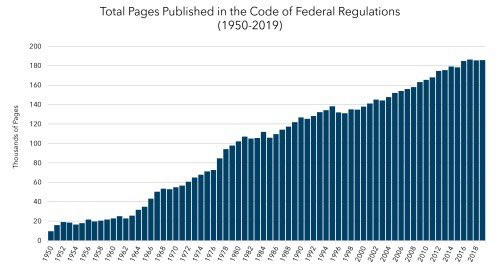On the Need for New City States
Federalism once protected a diversity of trade partners against foreign aggression, yet today the centralization of government powers is an impediment to innovation. Can the West be saved?
Trade is the source of all wealth and innovation is born of diversity. Historically, small city states and colonies have banded together under federations to protect themselves militarily against foreign aggressors, yet today these federations have become towering centralized powers that suppress diversity of belief, association, and trade. Can cloud-first federalism enable a new generation of city states? In this essay I make the following points:
The history of innovation in science, technology, and belief is closely tied to a diversity of political entities able to pursue different ideas as to governance and technology promoting a meritocracy of ideas
City states have defended themselves by forming federations of mutual aid that protect trade routes and political sovereignty against foreign tyrants, such that a diversity of belief and methods can resist monopolization
Yet today, federalism has created staggering bureaucracies that have politicized the landscape with decades of regulatory capture that make innovating in physical and frontier technologies excessively burdensome, stifling new economic growth
The principles of freedom of trade, belief, association underpinning the modern miracle are hallmarks of Western institutions and must be defended.
The social technologies of committees, bureaucracies and print media once served these institutions but have become antiquated and sclerotic - we need to rebase our institutions on software first, internet enabled solutions. This gives rise to the Network State
Under the federalism of the Cloud-First Network, a new generation of city-states can merge that still protect common interests while enabling a true diversity of ideas, ways of life, and promote the innovation and risk-taking necessary for fast technological development
Of all the city-state projects, Praxis appears to be the most strongly situated and aligned with the fundamental values of the original Western institutions and has made the most progress in securing the necessary land to allow physical technologies to be created.
A new era of city states and cloud-first federalism can unblock far greater speeds of technological progress by escaping bureaucratic bloat and political capture of state institutions. More rocket launches for all and aspera ad astra.
On the Origins of the Western Tradition
For the vast majority of human history people lived as slaves under massive sprawling empires. Political entities were primarily focused with extracting wealth from their inhabitants and using this to engage in military conquest of neighboring polities to expand the wealth and glory of their ancestrally appointed ruler, or else crush dissent and revolutions from within. This characterized most of Antiquity with one major exception that happened to be the source of the most innovation in philosophy, art, science, technology and governance: Ancient Greece, and later its cultural inheritor of Rome.
Ancient Greece existed as a panoply of independent city-states in the rugged mountains of the Peloponnese and islands of the Aegean, which maintained political independence but shared common language, cultures, religions and traditions. The existence of so many independent political entities allowed for a diversity of new ideas, customs, technologies and forms of governance to proliferate, such that the best ideas spread among neighbors. Revolutions in mathematics, astronomy, mechanical and civil engineering, art, literature, philosophy, metallurgy, and military tactics made Ancient Greece the shining example of civilization that was heralded as the clearly superior golden age of mankind for over a thousand years in the Western world, right up until the Renaissance re-approached a comparable flourishing of human potential.
Diversity is necessary for innovation because it maximizes the variance in the production of new forms of thought, technology, social customs, and if relationships of trade and commerce are established between diverse peoples, the highest performing new ideas can be spread, shared, and increase the overall prosperity of all trade partners. Both the glory of the Antiquity and the Renaissance occurred among a diverse set of city-states that shared a common language and a similar set of customs that reduced barriers to trade and oriented individual polities into positive-sum relationships.
The historical disadvantage of small city states is they are militarily weak compared to sprawling empires. The solution across history, from Ancient Greece to the Hanseatic League of Northern Europe to the Thirteen Colonies of America has been straightforward: Federalism.
Federalism as the Antidote to and Road to Tyranny
The necessity to protect against foreign aggressors unites a diverse set of political entities into a coalition of mutual defense, while still protecting the individual right of self determination as to local laws, customs, and institutions. The Delian League united the city states of Ancient Greece against the Persian Empire; the United States became united simply for the purpose of defeating the British military since by themselves no one colony could stand a chance. Compared to today at its inception the Federal Government of the United States had extremely limited powers and purview - tax revenue could only be raised through tariffs and its primary function was military defense, maintain inter-state trade and establish basic universal individual rights.
Today the US Federal Government is a sprawling bureaucracy with immense powers of taxation and legal control over individual states as well as the citizens and corporate entities that operate within them. The seat of power, Washington DC, has become surrounded by the wealthiest counties in the nation and lobbying and securing lucrative government contracts has become the de-facto playbook for an increasing number of industries, not just defense but telecommunications, construction, software and so on. At the same time, Federal spending as a % of total GDP has climbed to increasingly new highs of 30% and massive amounts of Federal debt are being issued to finance politically motivated spending campaigns like the Inflation Reduction Act (ironically a massive climate spending bill).
The US Federal Government is currently in the process of massively expanding the federal debt load and issuing this debt at high interest rates, leading to the interest on this national debt being higher than total defense spending. Meanwhile the real purchasing power of the US dollar is down 25% in the last 4 years, inflating away the wealth of individual citizens - all for what?
This isn’t all intended as some libertarian diatribe that seeks to abolish all forms of government, rather simply acknowledging that the goal of federalism - to unite a diversity of individual political entities that each pursued their own forms of self governance while maintaining and effective trade union and defending against foreign aggression - has now evolved into exactly the kind of overwhelming centralization of control that federalism was meant to guard against.
Where did this all go so terrible wrong?
Committees, Bureaucracies and the Printing Press - Technologies of Federalism
When we usually think of technology we think of things like software, cars, airplanes, engines - physical or digital goods produced and exchanged in a marketplace. But technology is much broader than that - social technologies like democracies, republics, constitutional laws, and bureaucracies have provided the social and legal framework to enable technological progress by establishing due process, standards of weights and measures, and enabling organizations to massively scale their impact on the world. Most importantly is establishing a common set of laws and enforcing those laws to reduce the transaction costs of trade. In short, social technologies establish the playing conditions on the field of economic competition that try to align adversarial interests into positive-sum competition and cooperation, all enabled by the administrative organs of government and international collaboration: bureaucracy.
Bureaucracy has enabled the judicious application of rules and governing principles to larger populations and with increasing complexity and fidelity to try to maintain conditions of fair competition in a rapidly changing social and technological landscape. The fundamental issue however is that because a bureaucracy is staffed by individual people each with career ambitions it is always incentivized to grow in size, scope, and powers, if only to provide career milestones to administrators and directors within the organization. Similarly, politicians prove their merits to their constituents by advocating for and passing new legislation, gradually increasing the total number of laws, regulations, and rules governing social conduct over time. As politicians over many decades compete to push the frontiers of interests for their electorate, they invariable start turning the apparatuses of the state towards interests that heavily favor their supporters at the expense of any opposing political party.
We live today in an era of lawfare where asinine lawsuits are brought against innovative technology companies to punish the leaders of those companies for expressing political views contrary to the views of the current ruling party. The massive expansion of federalist powers now threatens the diversity of belief and opinion it was formed to protect - to criticize the mainstream narrative is to become an enemy of the state, and the centralized powers of a towering Federal Government become used against you and your companies, regardless of the technological progress these are pursuing for the benefit of all mankind.
How do we get out of this mess?
Cloud-First Federalism and the Network State
The idea of the Network State is simple: the technologies of bureaucracy, the printing press, and decisions by committee can be replaced by new technologies that are far harder to corrupt, subvert, and reduce the incentives for arbitrary growth in scope and scale simply to satisfy the personal ambitions of people who operate the machinery of governance. Legal code that executes as software code, voting that is done by blockchain consensus mechanisms, and distributed associations aligned by individual interests and not necessarily local geography through cloud-first organizations. Perhaps most importantly, the role of issuing currency to facilitate trade is based on nearly-impossible-to-manipulate blockchain mechanisms that automatically protect against inflation while aligning interests with the fundamental requirements of economic growth (for example, an energy-backed digital currency).
It’s federalism in the digital era and one that seeks to refactor our social institutions away from political capture and towards the fundamental principles of Western democratic liberal republics - protecting freedom of speech, association, belief, and thought to enable a proliferation of new ideas, social forms, and business models, and then providing as level-as-possible economic playing field for these to all compete against one another while reducing the ability for state actors to corrupt the level playing field as a favor to their financial benefactors.
Here’s the problem: to actually operate new companies and social organizations without the undue burden of past regulations enacted to curry favor with specialist interests or protect incumbent economic interests, you need physical land to start, build, and grow your community, company, technology, or whatever. You need to be able to actually operate outside the territorial monopoly on violence used to enforce state authority.
You need a new city state, one that recaptures the principles of the West and is designed from the ground up to enable this new kind of digital federalism.
You need something like Praxis.
Network First City States and the Dream of Praxis
Like the Network State the dream of Praxis is also quite simple: work with national governments to establish specific areas of land that support a far more rapid pace of experimentation and development of new technologies by providing a greatly simplified legal and and regulatory framework. Expedited immigration, simplified tax codes, more permissive laws around innovation in things like AI and biotech. Biotech is perhaps the most compelling example: new therapeutics and treatments can be developed far faster than they can wind their ways through the FDA approval process, and terminally ill populations might elect to enroll in experimental treatment programs for a chance of recovery and health rather than face a possibly preventable death while waiting for novel treatments to be approved in the US.
“Acceleration Zones” provide the required physical footprint to let new ideas, companies, organizations and ways of coming together as humans to take root and flourish. They can also act as centers of talent and capital investment, where simplified and expedited processes can issue new work visas on a weeks timescale instead of the many months or years it takes aspiring entrepreneurs and engineers to cain access to the United States (depending on their country of origin).
The entire premise is one I fundamentally agree with: today our mastery over science and technology offers such promise of growth and development, the major rate limiting factor is our own petty tribalism and inherited baggage of past generations political and legal battles that have made a minefield of the economic playing field. We are saddled by the weight of political grift, corruption, and politicization of the economic landscape. In cities like San Francisco it is practically impossible to build new housing while in cities like Austin new home construction has more than kept up with demand - cities and states that are more permissive to let people build have kept up the pace of progress, while those whose governance has become bent to the conservative interests have stagnated. There is already a clear natural experiment showing the need for more permissive city states.
In order for a society to flourish it must be allowed to grow, and while growing you cannot expect to fit into last years clothes designed for last years styles.
It’s time for Western Civilization to take a hard look at its current set of social institutions - are these actually upholding the ideals they were founded on, or have they lost their way and become mired in tribalism? Are the impediments to economic growth found primarily in man vs nature, or man vs man? And most importantly, is it still possible to found a new society or city-state, however small, founded on first principles and using the highest performing technology of the current day?
Dryden Brown raising $525 million to make Praxis a reality suggests that it is still possible to dream and think big, and there are people willing to dedicate their lives and finances to making this a reality.
Aspera Ad Astra
There’s simply no greater juxtaposition of incredible technological progress that inspires optimism in every human, and the politicization of state institutions to punish those who criticize incumbent politicians, than SpaceX, Tesla, and the legal campaigns currently levied against all of Musk’s companies.
We can land rockets, snatch them out of air, but we can’t accept the diversity of opinion or belief that is the bedrock of democracy. In a political election in which each side decries the other as a fatal threat to democracy, there is no more middle ground for genuine discourse. The clearest prediction is that whoever wins they will use all the political power at their disposal to bend the state apparatus towards what they think of as the ‘correct’ set of economic interests. Whichever way that goes, it should be clear - the greatest threat to technology and science is the centralization of power that limits diversity and injects friction into every area of economic life.
We must move fast, we must outgrow the past, and we must out-accelerate the pessimism thats taken root amount so many. There’s never been a time so full of promise and hope for an abundant future created by science, and never as clear a need for a new generation of institutions that recapture the spirit of the American experiment.
Here’s rooting for Praxis.













great stuff but requiring permission from your rival is not a great foundation. network states are existentially network entities.